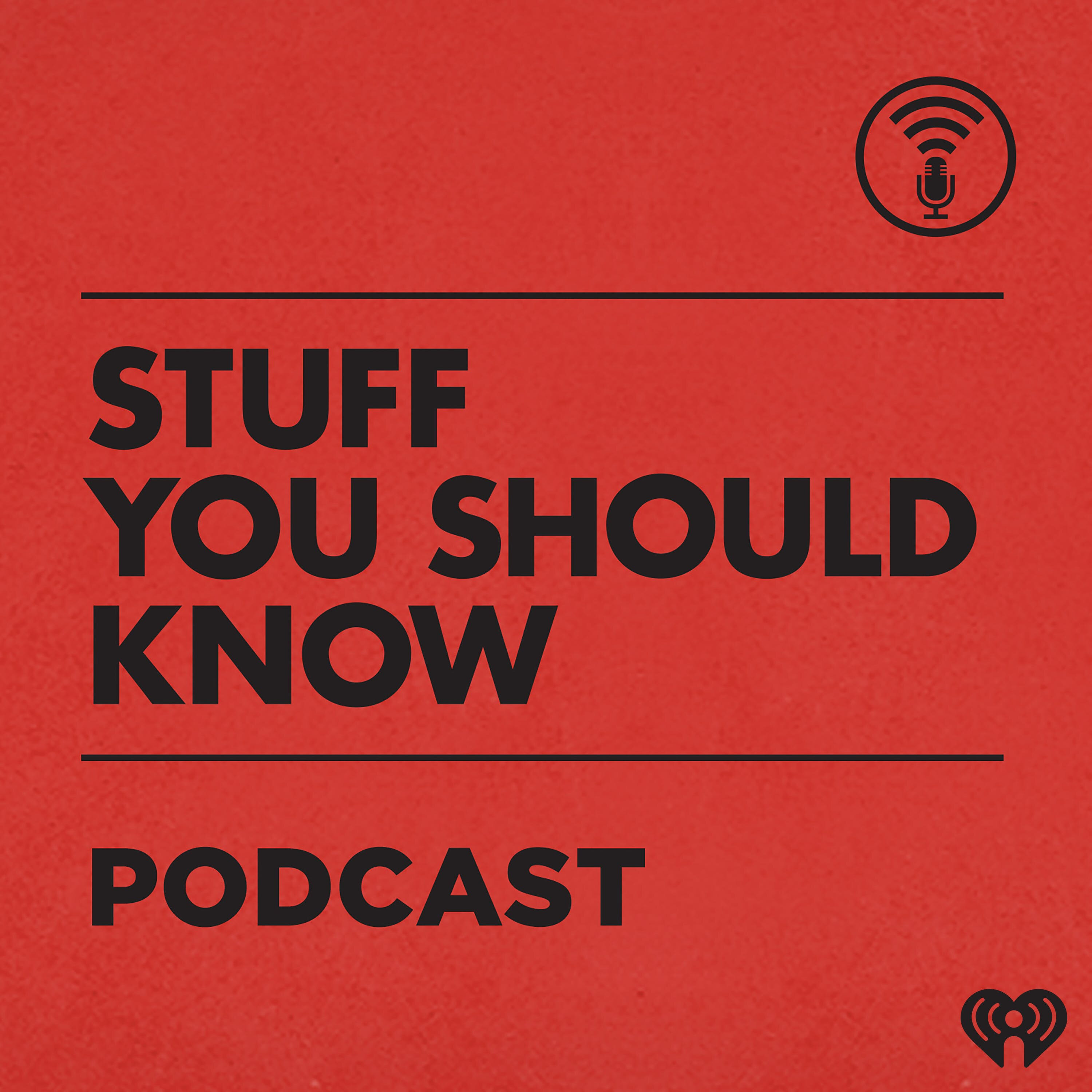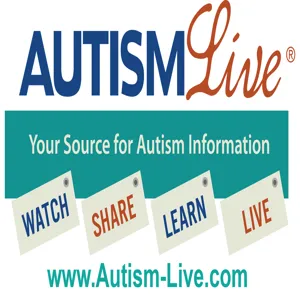Podcast Summary
Exploring Human Behaviors: Cards, Education, and Yawning: The Capital One Venture X Card rewards users with unlimited 2X miles on purchases and premium travel perks. Purdue Global offers flexible education for adults. Human behaviors, like yawning, remain intriguing despite centuries of study.
The Capital One Venture X Card offers unlimited 2X miles on every purchase and premium travel benefits like airport lounge access and a $300 annual credit for bookings through Capital One travel. Meanwhile, Purdue Global provides an opportunity for adults to earn a respected degree and take charge of their career and life. On a lighter note, yawning, a common human behavior, remains a mystery despite centuries of study. People also name inanimate objects, including chairs, and have used technical terms to smear opponents in politics. Yawning, stretching, and naming things are relatable human experiences.
Contagious Yawning: Observed in Humans and Animals: Yawning is a contagious behavior observed in humans and animals, possibly linked to the autonomic nervous system, and not necessarily related to oxygen intake.
Yawning is a contagious behavior not just limited to humans, but also observed in animals like dogs and chimpanzees. It's an involuntary action that can lead to a chain reaction among groups of people, with approximately 40-50% of adults yawning in response. The exact reason for yawning remains a mystery, but theories suggest it may not be related to oxygen intake as fetuses have been observed yawning before they breathe air. An intriguing finding is that individuals with certain brain lesions can still yawn and raise their paralyzed limbs, suggesting a deeper connection between yawning and the body's autonomic nervous system.
The Mystery of Yawning: Yawning is a complex process involving lung expansion, neurotransmitter activation, and potential social signaling, but its exact purpose remains unclear.
Yawning is a complex physiological process that can indicate various states of arousal, but the exact reason for yawning remains unclear. During a yawn, the diaphragm engages, lungs fill with air, neurotransmitters like dopamine are activated, and a substance called surfactant is distributed in the lungs. Yawning can be a sign of boredom, sleepiness, or nervousness, but theories suggesting it's a response to oxygen deprivation or carbon dioxide buildup have been debunked. Some researchers propose that yawning may have evolved as a social signal or a means of intimidation. Ultimately, the purpose of yawning remains a mystery, but it's a fascinating reminder of the intricacies of the human body.
The mystery of yawning: Brain cooling or empathy?: Yawning might be a sign of empathy and brain cooling, as contagious yawning could be caused by empathy and less frequent yawning in individuals with autism suggests a possible brain cooling function.
Yawning, a simple reflex, has intrigued scientists for years due to its contagious nature and potential links to empathy and brain cooling. The brain cooling theory suggests yawning cools down the brain, making it more effective. Meanwhile, research indicates contagious yawning might stem from empathy, as the more susceptible one is to empathizing with others, the more likely they are to yawn. Interestingly, individuals with autism, who often have less empathy, are less likely to yawn contagiously. This research opens up new avenues for understanding human behavior and social connections.
Possible link between yawning and autism: Research suggests individuals with autism might yawn less contagiously, but results are inconclusive, and more research is needed to understand the complexities of yawning and its potential connections to autism.
While the link between yawning and autism has been studied, the results are not definitive. Some research suggests that individuals on the autism spectrum are less likely to contagiously yawn due to a potential lack of empathy or missing the full yawn cue, which includes facial expressions beyond just opening the mouth. However, other studies contradict this, and it's important to consider other factors that could influence the data. The history of yawning research dates back to ancient times, with Hippocrates proposing that yawning could help cure sickness. While this idea was later disproven, the current understanding is that yawning increases alertness and awareness by increasing heart rate during inhalation. Nonetheless, more research is needed to fully understand the complexities of yawning and its potential connections to various conditions like autism.
Understanding Yawning: A Complex Behavior with Evolutionary Significance: Fetuses yawn in the womb, humans yawn contagiously around age 4, yawning frequency can be influenced by temperature, yawning is an involuntary response found in all vertebrates, and its origins may be rooted in ancient behaviors like pain relief or arousal.
Yawning is a complex behavior with various triggers and functions, and it holds significance in understanding our evolutionary past. Fetuses yawn in the womb between 11 to 20 weeks, and humans become susceptible to contagious yawning around the age of four. Temperature can also influence yawning frequency, with warmer temperatures leading to less frequent yawning due to the body not needing to intake more oxygen. Robert Provine, an evolutionary biologist and leading expert on yawning, has studied this behavior extensively and believes that yawns and orgasms share a neurobehavioral heritage. Yawning is an involuntary response found in all vertebrates, providing insights into our evolutionary past, and possibly rooted in ancient behaviors like pain relief or arousal. Despite its simplicity, yawning remains a fascinating and enduring mystery.
Fascination with yawning and brain cooling theory: Despite the lack of concrete evidence, the speakers are intrigued by the brain cooling theory of yawning and plan to observe their pets' behaviors for insights.
The phenomenon of yawning and its potential causes remains a mystery, with various theories proposed but not definitively proven. During a discussion, the speakers expressed their interest in the brain cooling theory, but also acknowledged the lack of concrete evidence supporting it. They plan to observe their pets' yawning behaviors to see if it holds any significance. The conversation also touched upon the importance of being cautious not to influence the animals' behaviors unintentionally. Additionally, the speakers shared their enthusiasm for various topics such as a well-edited video on Zigazoo and the potential of hosting guests on Airbnb. They also mentioned their past experiences with Rodriguez, the singer-songwriter, and his unexpected popularity in South Africa. Overall, the conversation showcased the fascination with unexplained phenomena, the importance of observation, and the joy of discovering new things.
Documentaries shine light on overlooked stories: They bring attention to important events, people, and issues through compelling storytelling
Documentaries offer insight into important and often overlooked stories. For instance, "How to Survive a Plague" showcases the early AIDS awareness movement and the societal resistance they faced. Another documentary, "No Place on Earth," tells the story of a Jewish family who hid during World War II and was only recently discovered. Rodriguez, a musician known for his popularity in South Africa and Australia but relatively unknown in the US, is the subject of the documentary "Searching for Sugar Man." The first time Julia met Rodriguez, he played his new song for her and her boyfriend three times in a quiet Detroit courtyard. These stories remind us of the power of documentaries to bring attention to significant events, people, and issues.
Creating Meaningful Connections: Reminiscing about shared experiences, patience, and engaging with others can create meaningful connections. Businesses can prioritize customer service for success and use platforms like CX1 to enhance customer experiences. Stay informed and engaged on social media, but prioritize privacy protections for kids.
Meaningful connections can be made through shared experiences and patience. The hosts reminisced about a memorable moment during a Detroit storm, where they patiently listened to a song together. They also encouraged listeners to share their own stories, especially if they were true and involved famous figures. They reminded listeners to engage with them on various social media platforms and their website. Additionally, they discussed the importance of customer service for business success and introduced CX1, a customer experience platform from Nice, to help organizations create extraordinary customer experiences. They emphasized the importance of privacy protections for kids on social media platforms, using Zigazoo as an example. Overall, the episode emphasized the value of connections, whether through shared experiences or business success, and the importance of staying informed and engaged.





